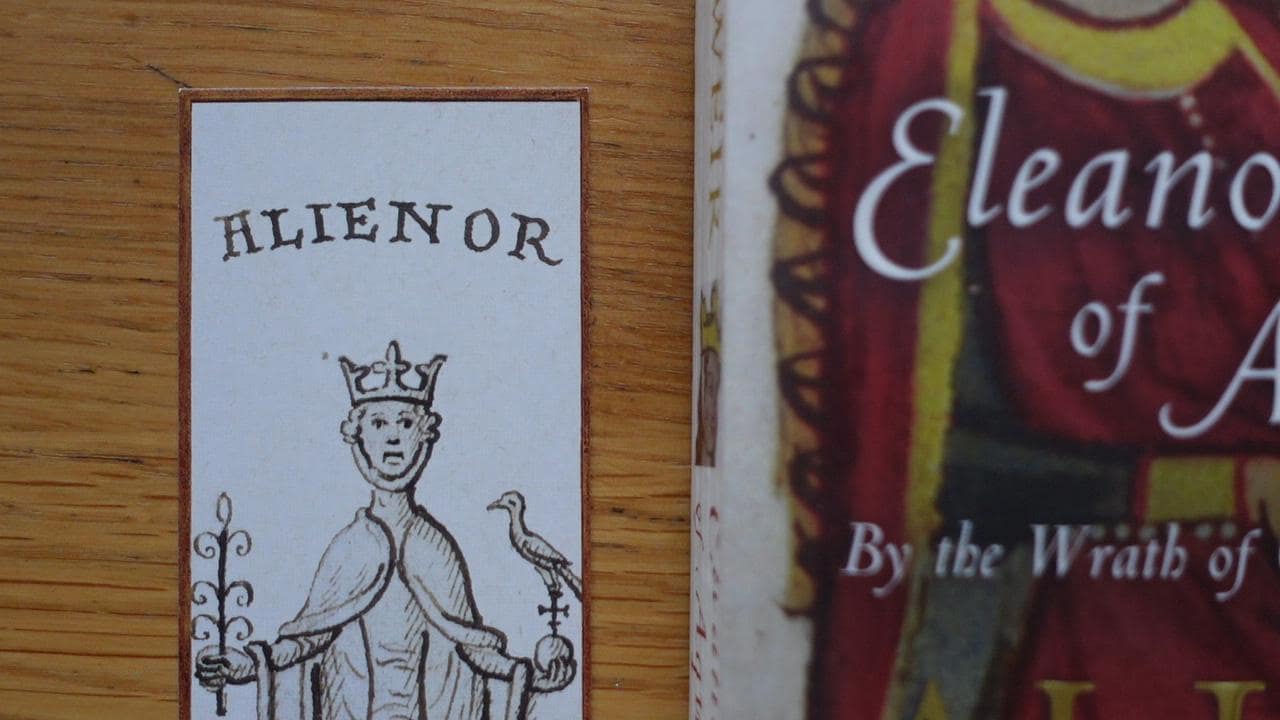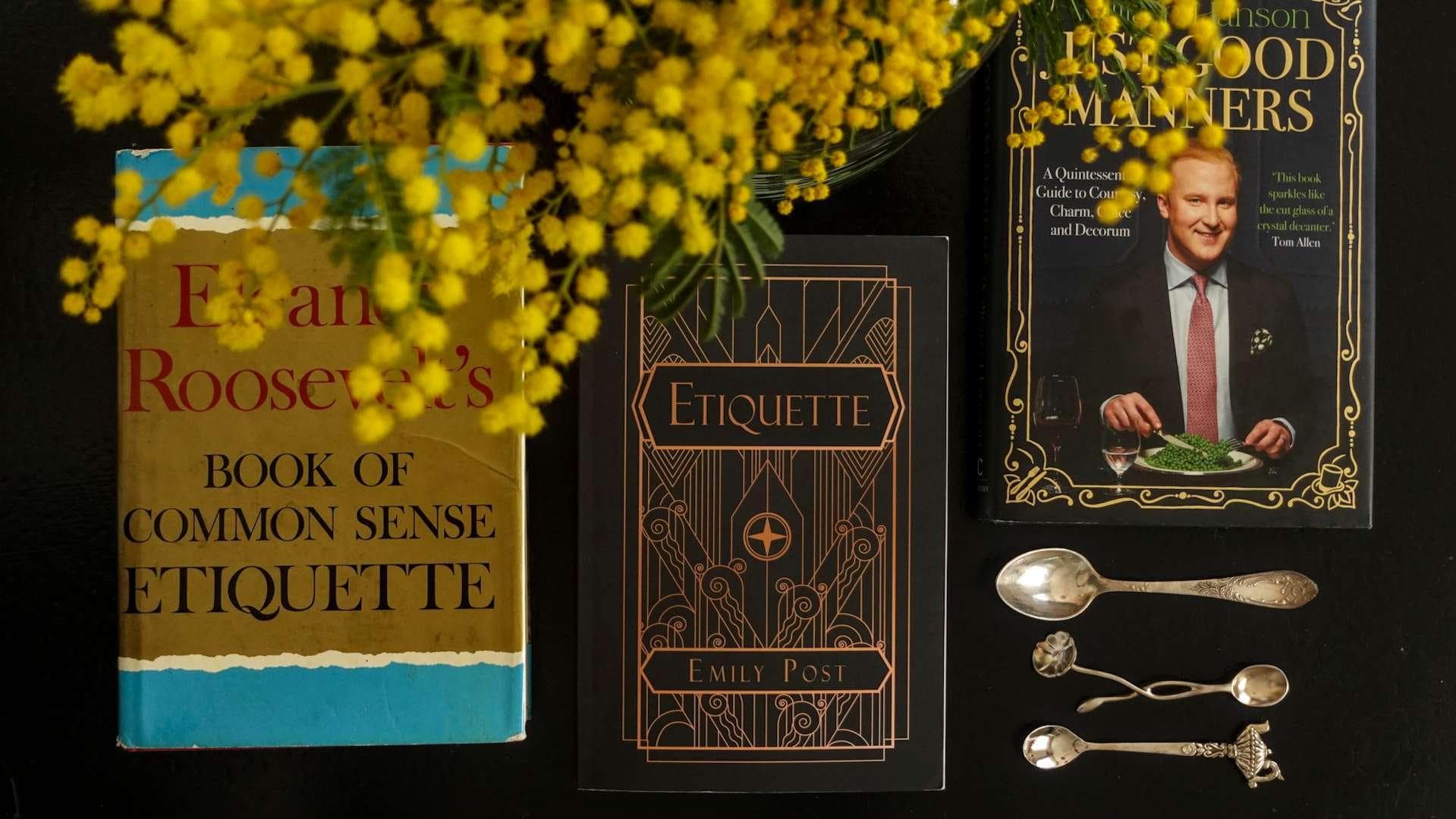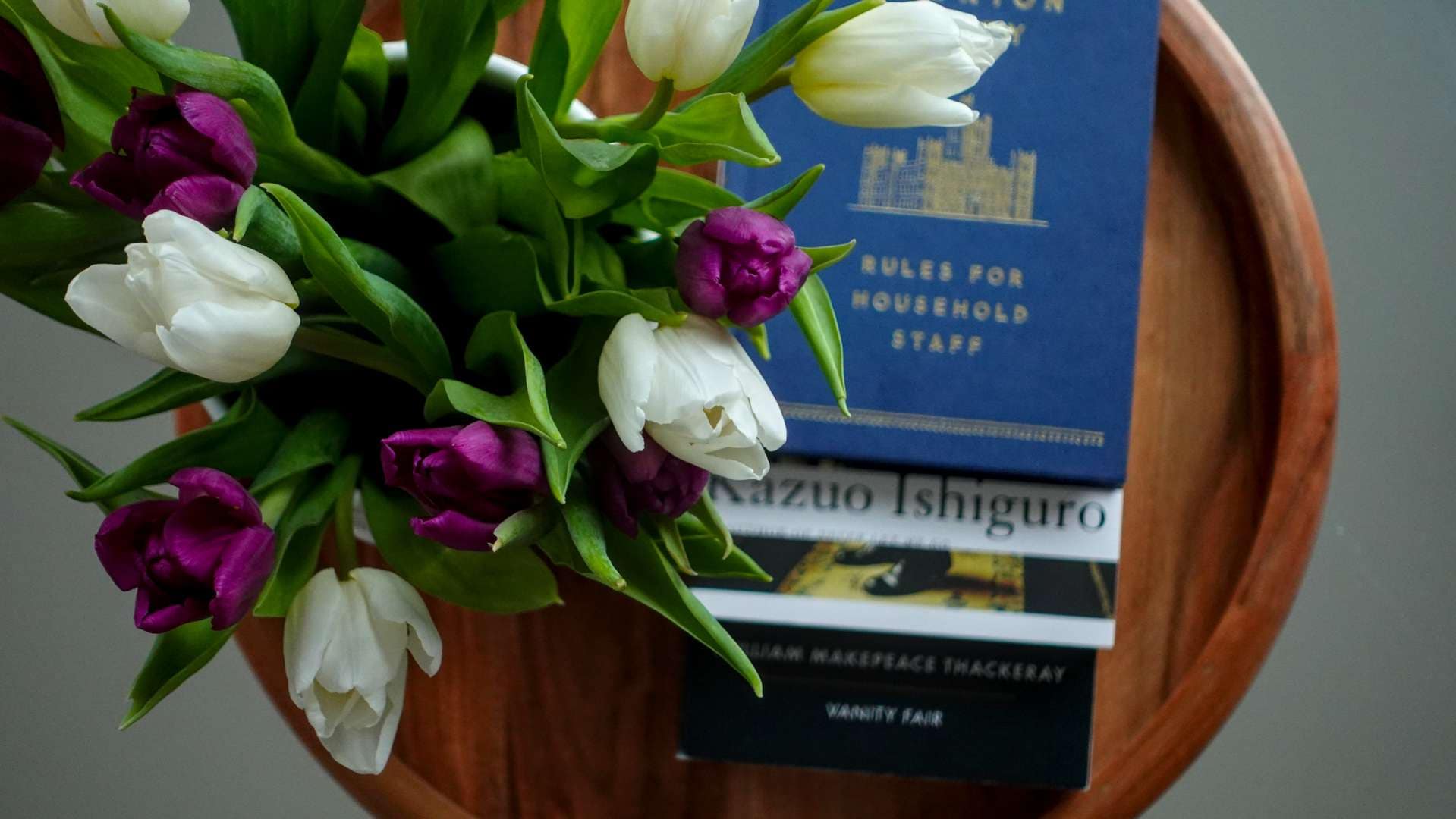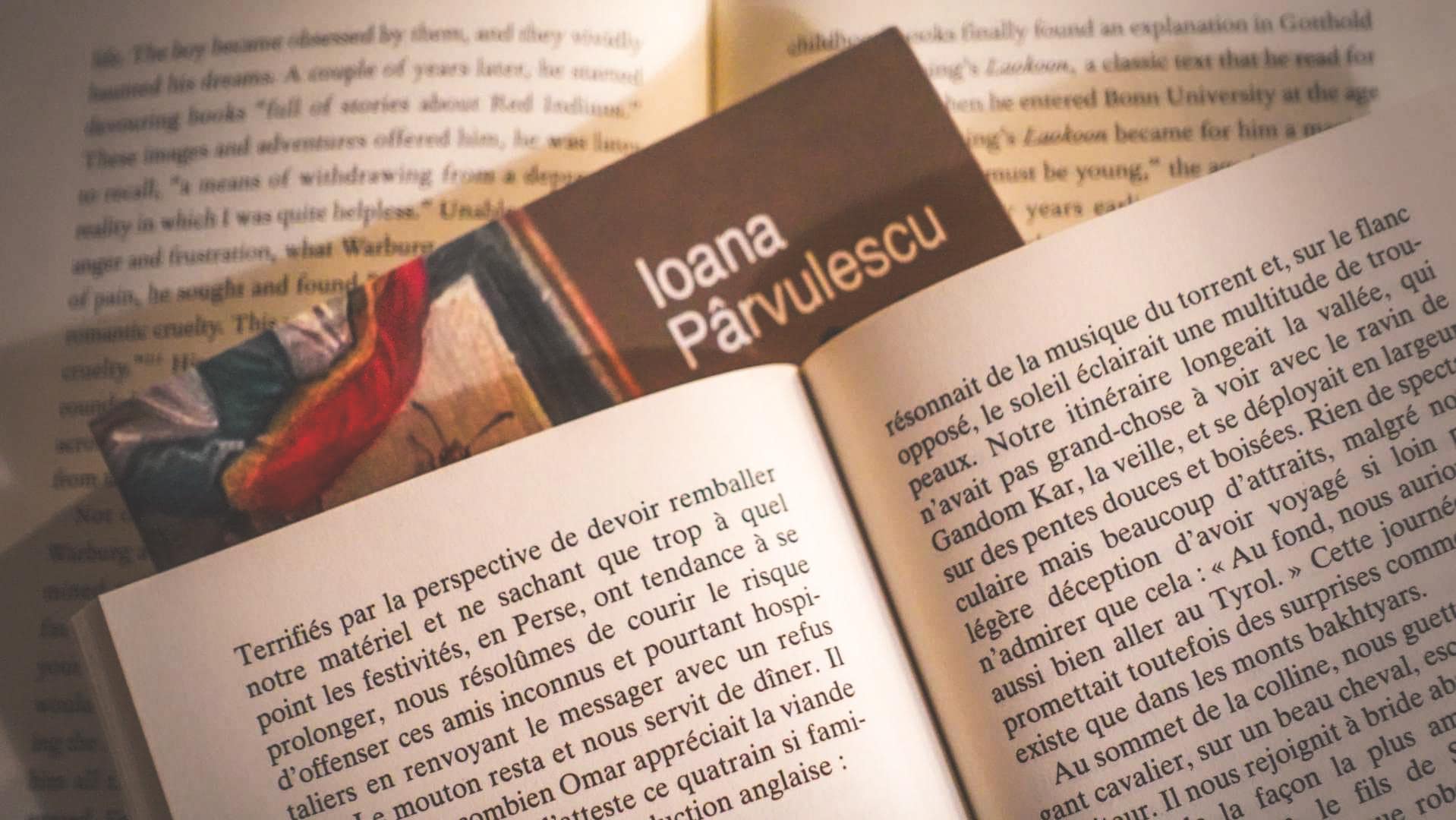Hello everyone, and welcome back to our mediaeval enchanted Advent. Today’s video is dedicated to the woman who started it all, my favourite feminine character in history, Aliénor of Aquitaine.
In order to better understand her very complex and unique character, I looked for information from both countries she ruled, and so, we’ll be looking into Alison Weir’s biography as well as Régine Pernoud’s.
But first of all, let’s meet our main character properly.
Aliénor of Aquitaine was born in 1124, most probably in her father’s castle in Bordeaux. Daughter of William X, Duke of Aquitaine, she inherited her father’s title and domains, since the only male heir died at a young age. Aquitaine was the largest and wealthiest province of France, in a vassal system that meant allegiance to the King of France at the time of her father’s death. She married Louis, heir to the French throne, three months after inheriting, due to the quick thinking of Louis’s father, who did not want to leave a territory such as Aquitaine governed by a child of fifteen. When Louis VI died, and Aliénor’s new husband became King Louis VII, the duchy of Aquitaine officially came under the rule of the French Crown, and for fifteen years, Louis VII had territory that rivalled that of the English crown and the counts of Toulouse, his greatest rivals. The marriage was later annulled on the grounds of consanguinity by a bishop on 21 March 1152, and she kept her lands and title as Duchess of Aquitaine in her own right. Less than three months later, she married Henry, Duke of Normandy, the son of Empress Matilda, daughter of Henry I of England, and a claimant to the English throne. When he defeated his mother’s cousin, King Stephen, in 1153 and became King of England as Henry II, Aquitaine came under the rule of the English crown, while still respecting its French allegiance, and she became Queen of England.
Her first marriage saw the birth of two daughters, kept by the King of France after the annulment. However, her second marriage concluded with the birth of five sons and three daughters, the most well known of whom being Richard Lionheart.
In the English biography By the wrath of God, Queen of England, Alison Weir constructs an essential frame for this exceptional destiny. Aliénor’s life is put into perspective through the attentive description of French and English life during the XIIth century, the world she knew and the ways in which, together with her two consecutive husbands, she shaped much of European history. Weir’s fame as a historian and historical fiction writer is unquestionable, and she dedicated two books to Eleanor as she is called in English, this one as a biography, and The Captive Queen as a historical fiction. I found her biographical work more appealing as she has the gift of writing history with the voice of a fiction writer. I sense her love of the story, and these are precisely the types of books that reconciled me with history in general. A mediaeval romance that needs no embellishment, since Aliénor’s life has been quite incredible, and you can sense the fascination on the English side quite clearly.
The French biography on the other hand, tends to be a little more fact than story, which provides an interesting contrast. Régine Pernoud, was of a more academic training, and even if her lifetime goal was to bring light to the history of the Middle Ages for all types of readers, she proudly states from the preface that in all of the dialogues, no words of her own have been added. The historic source is the only one that counts. Although both books tell the same story essentially, I sense more of an accent on Aliénor accomplishments in society in the French one, while the English one seems to be more fascinated by her two marriages. She was famous for her love of stories, and therefore she was both a patron of the troubadours as well as an avid reader. This was not the norm for women at the time, and being so proud of it she ordered her recumbent, during her lifetime, to represent her while reading. Nothing about her was conventional, she joined her French husband for the second crusade and made the headlines for her bravery and rumoured amorous adventures while in the Orient. A long life, of 80 years, filled with hardship and bravery, worth reading and contemplating.
We’re not nearly at the end of our encounters with Aliénor, but for now, these two biographies can bring you up to speed. See you tomorrow for a stroll through Paris.





